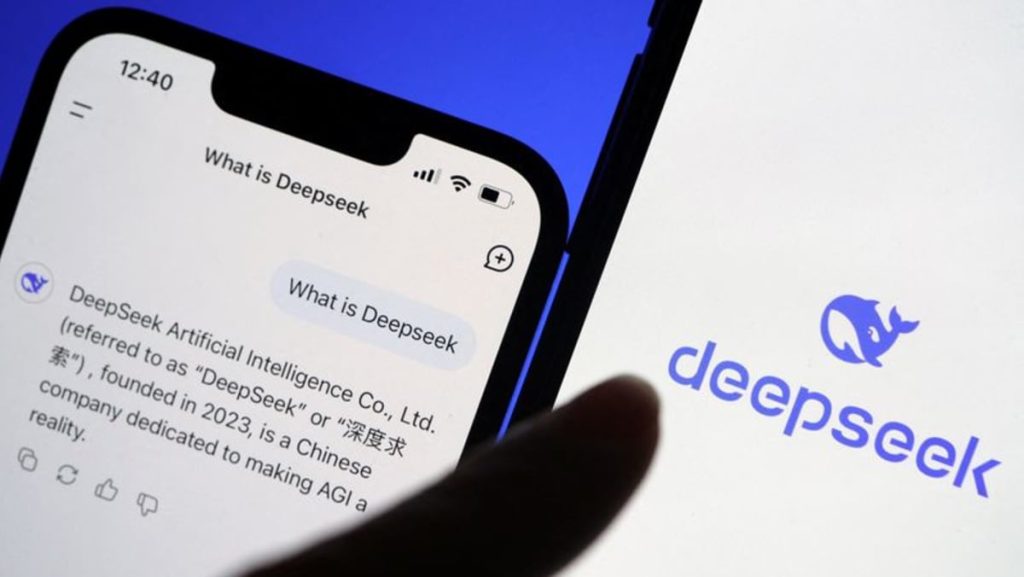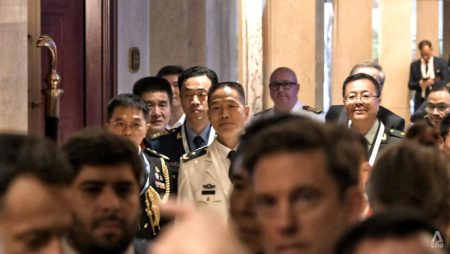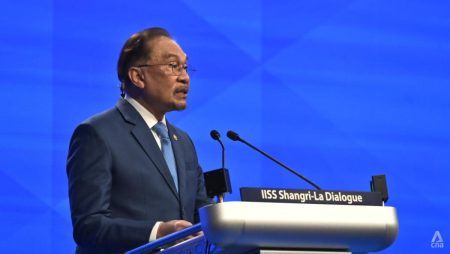The hashtag “ask DeepSeek whether my job will be taken” has began to trend on Chinese microblogging site Weibo, with views reaching nearly 7.2 million by Wednesday. This shift from “iron rice bowl” to AI civil servants suggests a profound transformation at both personal thought processes and significant government-level roles. One user reflected, “I thought in the age of AI, an ‘iron rice bowl’ would remain an ‘iron rice bowl.’ But I didn’t realize the launch of an AI civil servant would thoroughly change my views, and it looks like now no job is safe.” This momentary realization marked a new era where AI is increasingly replacing human roles, challenging long-standing norms.
The term “AI civil servant” was clarified and deprecated among foremost officials of Futian District, as argued by deputy director Gao Zeng. He emphasized that AI assistants are “assistants” and not “AI civil servants,” highlighting that they lack the duties of human recruiters and operate as “assistants in public management” from a grassroots level. Gao describes these models as capable of improving work efficiency and reducing stress, suggesting that AI can potentially dominate certain aspects of government workflow. Confession of the district’s inefficiency in leveraging AI to replace humans is deemed ▶quot;unavoidable and unavoidable.○
Cost-effectiveness and low barriers for accessibility make AI increasingly attractive to the Chinese government, as seen by researcher Meng Qingguo at Tsinghua University. AI has been made affordable by DeepSeek, rendering it a feasible option for government use. Furthermore, traditional roles may lie dormant, while AI can suit more local execution, as evaluated by researcher Wang Peng at the Beijing Academy of Social Sciences. These findings suggest a future where AI is being integrated into government processes, offering opportunities for better service delivery.
However, the possibilities of AI going full-speed seem distant, as potential pitfalls remain. Gao, including other officials, have expressed reservations, stating that “AI government” models are a solid approach, though they must account for limitations. This cautious optimism highlights the potential of AI not in replacement of human skills, but in enhancing and developing them to better suit modern challenges.










